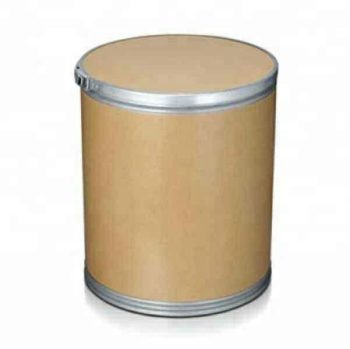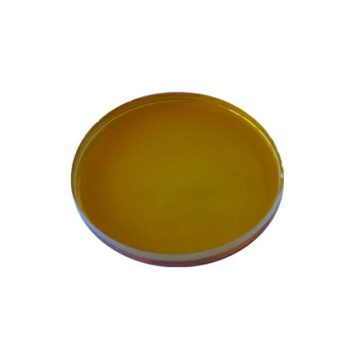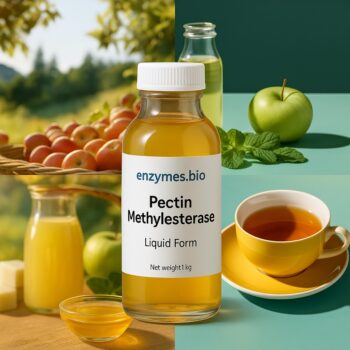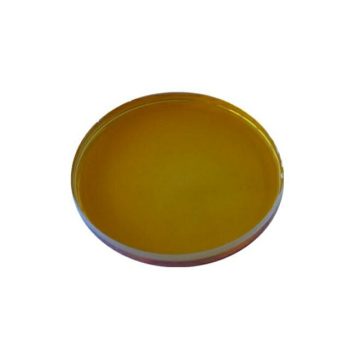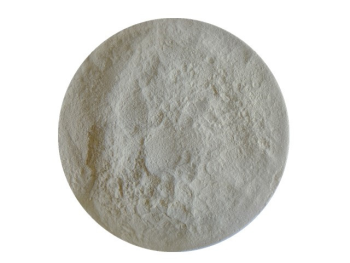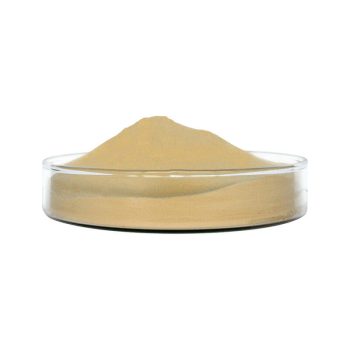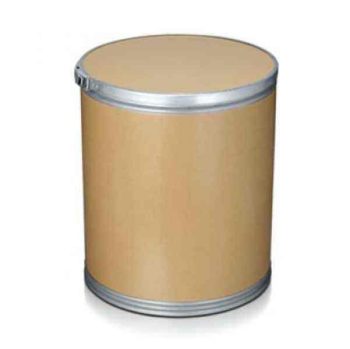Product Description
Manufacture supply compound enzymes for red wine brewing
Introduction
This product is developed from advanced strain through cultivation, fermentation, and extraction technique, which is in conformity with FCC. Pectinase is designed specially for juice and wine industry. This product is manufactured in accord with the standards of FDA, WHO, and UECFA.
Definition Of Unit
1 unit of Pectinase equals to 1g(1ml) enzyme preparation hydrolyzes polygalacturonic acid to get 1mg galacturonic acid per hour at 50℃ and pH3.5.
Characteristics
| Production Organism | Aspergillus niger |
| Physical Form | Liquid |
| Color | Brown, Color can vary from batch to batch. Color intensity is not an indication of enzyme activity. |
| Odour | Normal microbial fermentation odour. |
Specifications
| Items | Lower Limit | Upper Limit |
| Lead | 5 mg/kg | |
| Arsenic | 3 mg/kg | |
| Total Viable Count | 50,000 CFU/g | |
| Coliform Bacteria | 30 CFU/g | |
| Escherichia coli | 10 CFU/g 3 MPN/g | |
| Salmonella | Not Detected/25g |
Recommended Dosage
The recommended dosage is 0.02-0.1L of the enzyme preparation per ton of total raw materials, added at mashing or juice clarification. However, the optimal dosage depends on the fruit variety, maturity, and the specific process parameters and should be determined by testing different dosages.
Package
Packaging specification: 1 kg / bag.
Storage
Best Before: When stored as recommended, the product is best used within 6 months from the date of delivery.
Shelf Life: 6 months at 25℃, activity remains ≥85%. Increase dosage after shelf life.
Storage Conditions: This product should be stored in a cool and dry place in a sealed container, avoiding insolation, high temperature, and damp. The product has been formulated for optimal stability. Extended storage or adverse conditions such as higher temperature or higher humidity may lead to a higher dosage requirement.
Application
Due to the diversity of grape varieties, “picking” timing and maturities, the winemaker needs to define the dosage according to the actual local conditions. In situations where grapes are not squashy (firm and hard to squeeze), another ENZYMES.BIO’s product – Formulated Enzymes for Fruit Slurry is recommended because it contains more amylum. For fruits which are mature or have been stored for a long time, the polysaccharide may dissociate from the cell wall gradually. The pectin content will also increase so in these cases the dosage should be increased accordingly.
Safety
Enzyme preparations are proteins that may induce sensitization and cause allergic type reactions in sensitized individuals. Prolonged contact may cause minor irritation for skin, eyes, or nasal mucosa, so any direct contiguity with the human body should be avoided. If irritation or allergic response for skin or eyes develops, consult a doctor.

